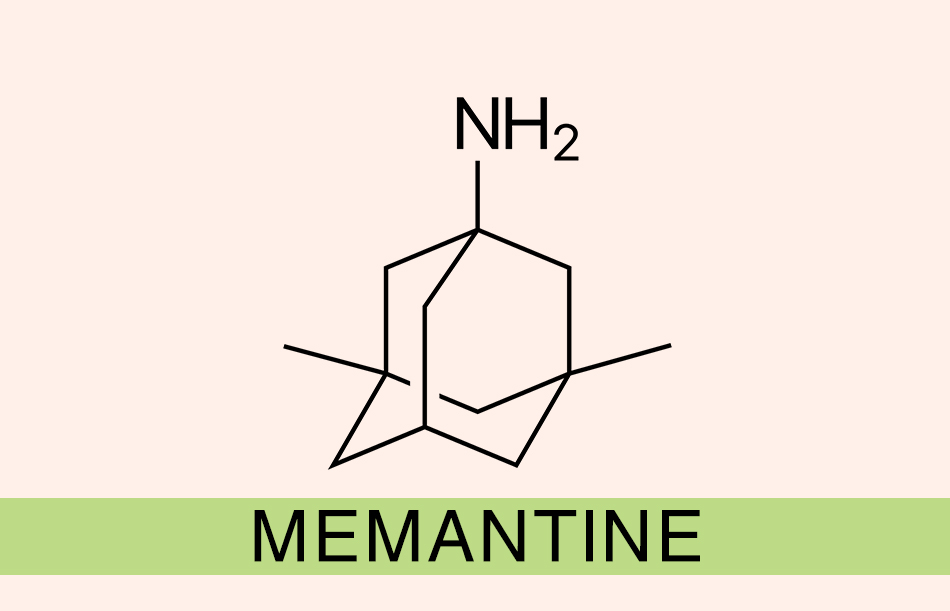08 October 2020
What is Alzheimer’s disease? Symptoms, prevention; treatment
What is Alzheimer’s disease?
Alzheimer’s is a disease of dementia, brain damage, a disease that makes it difficult for people with amnesia to even lose memory in daily activities, negatively affecting both language and thinking.
Progressive Alzheimer’s disease begins with mild dementia. But when not treated properly, in the final stage, the patient will suffer serious brain damage.
Patients can only live from 8 to 10 years, although there are still cases can live longer when detected and treated properly. The lifestyle of each person will affect the disease can progress quickly or slowly. Especially if your family member is sick, you are still at risk.
Nội dung
Is Alzheimer’s disease dangerous?
For patients, the brain damage will seriously affect their daily life. Not only that, but also caregivers are affected. Because of taking care of the sick person, it is very difficult to experience extremely stressful emotions.
The later stage of the disease, the more serious the disease will be, forgetfulness will seriously affect the patient’s performance.
Causes of Alzheimer’s disease
To this day, the cause of Alzheimer’s disease is still being studied and clarified. Alzheimer’s dementia causes brain cells that store and process information to weaken and die, and abnormal proteins are produced that interfere with communication.
Symptoms of Alzheimer’s disease
The first symptom of Alzheimer’s disease is dementia, forgetfulness, where objects are placed. The later stages of the disease will become more and more serious and need help from everyone and especially in the final stage they need to be fully cared for because at this stage they often roam, change. emotions, personality and can’t function properly anymore.
There are also other Alzheimer’s symptoms not mentioned. However, if you find that a loved one has any signs of illness, please consult your doctor on a timely diagnosis.
Methods of diagnosis of Alzheimer’s
It is diagnosed by doctors by having a general health check, medical history and examining your brain damage. Through testing reasoning abilities, coordination between body parts, and sensory perception. Also by using an MRI scan or brain CT scan or blood test can diagnose the disease.
How to treat Alzheimer’s
Although medicine is currently very developed, there is still no way to completely treat Alzheimer’s disease.
Treatment without medication
Lifestyle and lifestyle habits will help slow the progression of the disease:
Because the patient has brain damage, it will affect daily activities and need someone to support and care for.
The ability to remember information is no longer good, so try to simplify the habits and normal living space.
Psychology needs to relax without stress, not too worried about the disease
Participate in activities that improve both your body and mind. If you are not qualified for care you can take the sick person to a nursing home for better care.
In particular, please consult your doctor for the best treatment support.
Drug treatment
Use Western medicine

There are currently two recognized drugs used to treat symptoms of Alzheimer’s disease.
The first is a Cholinesterase inhibitor that helps prevent a decrease in acetylcholine content. It acts as an important neurotransmitter for memory processes. In addition, the drug aids in signaling between nerve cells. Three types of cholinesterase inhibitors such as Donepezil (Aricept), Rivastigmine (Exelon), Galantamine (Razadyne), are now licensed to assist in the treatment of disease at different stages.
Memantine active substances help to regulate the activity of glutamate assists in memory and learning. The drug is used by Alzheimer’s patients in the moderate and severe stage.
Use oriental medicine
- Mental body with stagnant sputum
When the sick person easily gets angry, resentful, dirty tongue, tongue moss,…. It is possible to use this remedy.
Include: Flavors, saffron, envelope, cross-frame, knitting ginseng, peach blossom, rose flower, chain. Bring and drink.
- Damaged kidney and kidney form with stagnant sputum
With long-term illness, patients with dizziness, limb numbness, poor facial skin, perspiration, dry skin, half-body paralysis, pale white tongue moss, … can use this remedy.
Include: Shu field, white dress spirit; painting enemies, knitting bags, chains, cross-frames, roses, telecommunications, peaches. Bring and drink.
- The spleen mind is broken
Patients with confused speech, difficult speech, mental fatigue, sweating by themselves, heart palpitations, fear, light tongue, thin tongue, … please use this remedy.
Including: Ginseng, mondo grass, apple ginseng; serve spirit, the rules, the birth site, the field; promote the death, the five martyrs; licorice. Bring and drink.
- The body can be very positive
For patients with headache, dizziness, poor sleep, difficulty speaking, spasmodic pulse, … Note this remedy.
Including: Thien ma, Hoang Cam, parasitic funeral, night delivery, ox all, utility model; jelly decisive, for spirit, chi. Bring color to drink.
There are also a number of other traditional remedies.
Use folk tips
Folk tips for this disease are not much. Mainly mentally and physically. Use folk tips to increase physical strength and comfort.
Prevention of Alzheimer’s disease

To prevent this disease, you need to first try to arrange your life in the most scientific way.
Always have a balance between life and work.
Think positively, avoid fatigue, stress.
You can visit your doctor regularly to check your health or ask for advice about medicine to enhance your health.
How to take care of patients with Alzheimer’s
Caregivers of Alzheimer’s patients are really hard, so they really need to take care of their own health and need regular support and rest when they are in a healthy condition to care for the patient./p>
In particular, emotional and practical support, and Alzheimer’s education programs can help caregivers understand and provide the best care for patients being treated.
(Source: Healcentral)
Danh mục
Tin nổi bật
20 April 2021
07 April 2021













